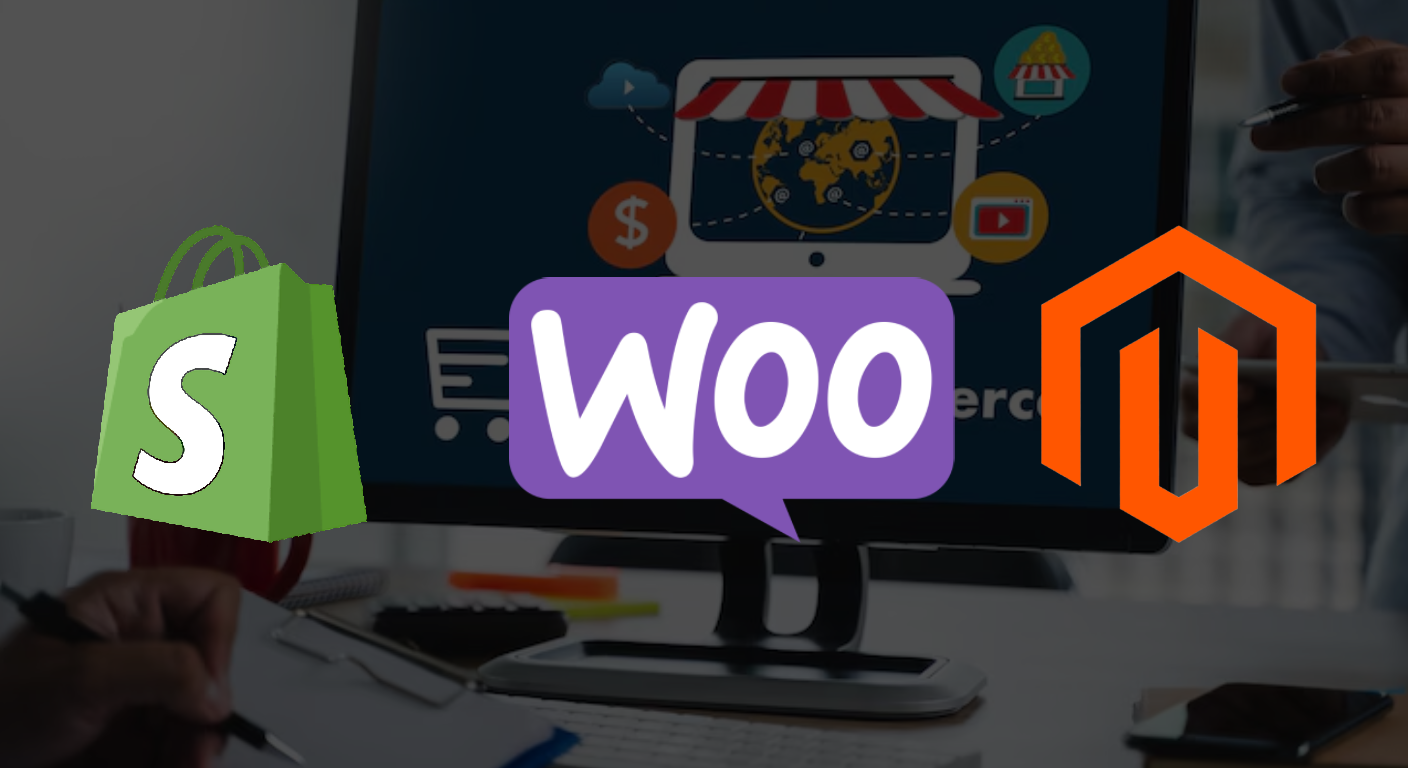Choosing the right eCommerce platform is a critical decision that impacts your store's performance, scalability, and ease of management. Shopify, WooCommerce, and Magento are three of the most popular platforms, each with its strengths and ideal use cases. In this comparison, we’ll break down the key differences to help you choose what’s best for your business in 2025.
1. Ease of Use
Shopify is user-friendly with drag-and-drop features. WooCommerce requires WordPress knowledge. Magento is developer-centric with a steep learning curve.
2. Customization
WooCommerce offers full flexibility thanks to open-source access. Shopify has limitations without custom apps. Magento is highly customizable for developers.
3. Pricing Structure
Shopify is subscription-based (starting $39/month). WooCommerce is free but has hosting/plugin costs. Magento can be expensive due to hosting and development needs.
4. Themes and Design
Shopify has polished, ready-to-use themes. WooCommerce relies on WordPress themes. Magento needs custom design work for a modern look.
5. Payment Gateways
All three platforms support major gateways. Shopify charges extra for non-Shopify payments. WooCommerce and Magento have more freedom here.
6. SEO Capabilities
WooCommerce and Magento are stronger for technical SEO. Shopify is good but more reliant on apps and lacks deep customization.
7. Scalability
Magento is ideal for large stores with thousands of SKUs. Shopify handles scale well but with app dependency. WooCommerce is great for medium-size stores.
8. Support & Community
Shopify has 24/7 support. WooCommerce and Magento rely more on community forums or developers.
9. Security
Shopify includes SSL and handles security updates. WooCommerce and Magento require user-managed hosting security.
10. Ideal Use Case
Shopify: Best for beginners or fast launches. WooCommerce: Great for bloggers or WordPress users. Magento: Suitable for enterprise-level operations with dev resources.
Conclusion
Each platform has its pros and cons. Shopify is best for ease and speed, WooCommerce for flexibility, and Magento for enterprise scalability. Evaluate your budget, technical skills, and business goals before choosing your platform. Remember, the right foundation sets the tone for future growth.





